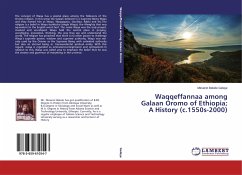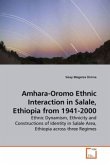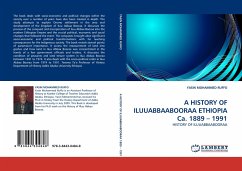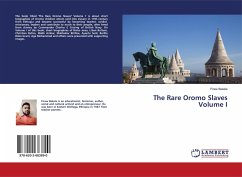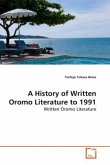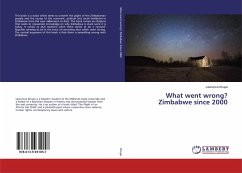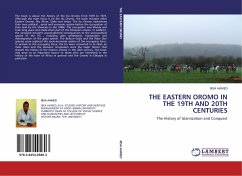The concept of Waqa has a pivotal place among the followers of the Oromo religion. In this sense the Galaan believed in a Supreme Being Waqa and they named him as Waqa, Waqqayyoo, Gooftaa, Rabbi and etc.The religion is a belief in Waqa tookkicha (single Waqa); the Almighty that was equivalent to the English word God. The name Waqa was the only prayed, invoked and worshiped. Waqa held the central place in praying, worshiping, invocation, thinking, the way they see and understand the world. The religion has preached that there is no other power to challenge Waqa's supreme power, wisdom and supreme authority. Waqa was not only used by the Oromo as the Supreme Being with unlimited authority but also an eternal being or transcendental spiritual entity. With this regard, waqa is regarded as omniscient,omnipresent and omnipotent.In relation to this, Waqa was called uma to emphasis the belief that he was the creator and governor of everything in the universe.
Bitte wählen Sie Ihr Anliegen aus.
Rechnungen
Retourenschein anfordern
Bestellstatus
Storno

